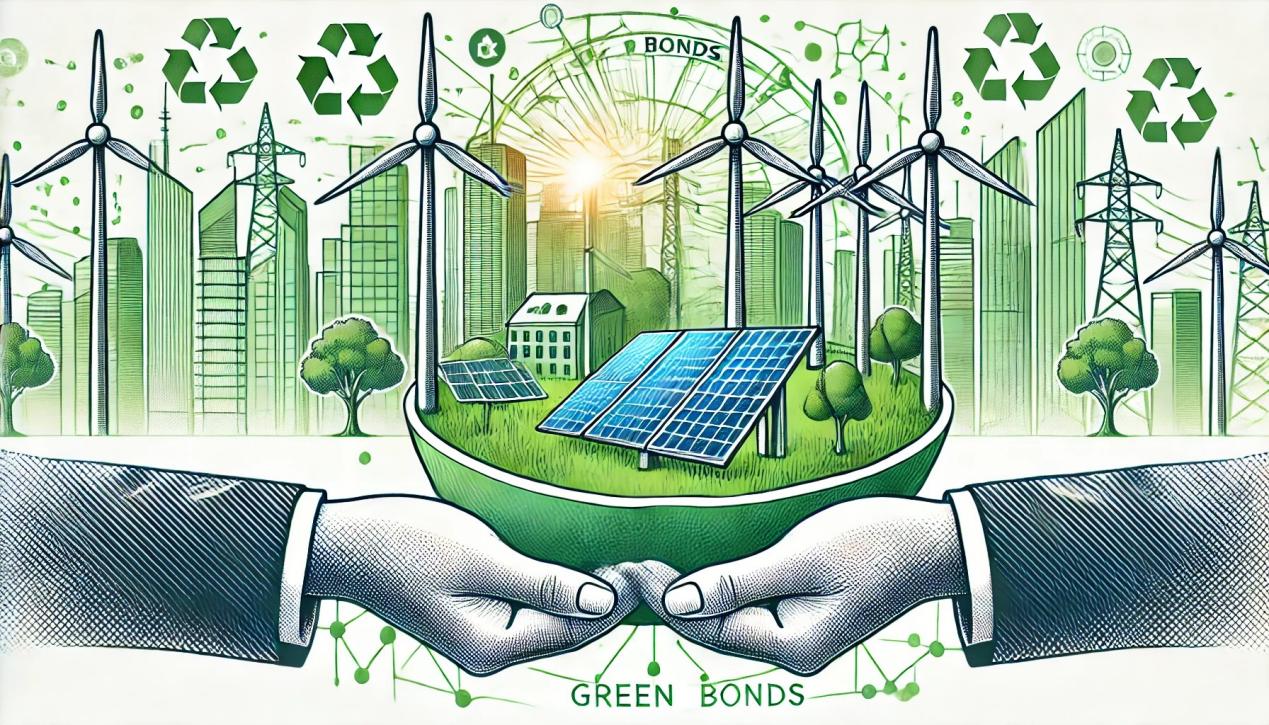Urban development is increasingly focused on sustainability as cities grow and face environmental challenges. Financial strategies that support this transition are essential. This article explores current trends and future predictions in sustainable urban development finance.

Current Trends
1. Green Bonds
Green bonds fund environmentally friendly projects like renewable energy and green infrastructure. Cities like Paris and New York have successfully used green bonds to finance initiatives that reduce carbon emissions and promote sustainable urban living. These bonds attract investors who are interested in supporting environmental causes while earning a return on their investment.
2. Public-Private Partnerships (PPPs)
Public-Private Partnerships leverage private investment for large-scale projects, sharing risks and rewards. This approach funds infrastructure projects without overburdening public finances. Notable examples include the modernization of the London Underground and various waste-to-energy projects across Europe. PPPs allow for innovation and efficiency, as private companies bring expertise and capital to public projects.
3. Impact Investing
Impact investing targets projects with positive social and environmental impacts. Investors are increasingly channeling funds into affordable housing, clean energy, and sustainable transportation. This approach aligns financial returns with sustainability goals, fostering long-term urban resilience and addressing critical social issues.

Future Predictions
1. Increased Adoption of Green Financing Instruments
Beyond green bonds, new financial products such as sustainability-linked loans and green mortgages will become more common. These instruments will provide flexible and scalable funding options for various sustainable urban projects, attracting a broader range of investors interested in promoting sustainability.
2. Enhanced Role of Technology
Technology will play a crucial role in the financial strategies for sustainable urban development. Blockchain technology can enhance transparency and efficiency in funding projects, ensuring that funds are used as intended. Smart contracts can automate and streamline financial transactions, reducing costs and improving accountability. Data analytics can help cities make informed decisions about resource allocation and project prioritization.
3. Greater Emphasis on Circular Economy
The circular economy model, which focuses on reducing waste and promoting the reuse of resources, will become increasingly important. Financial strategies will need to support this transition by funding projects that facilitate recycling, resource recovery, and sustainable production. Investment in circular economy initiatives will drive long-term sustainability and economic resilience.
4. Collaboration and Multi-Stakeholder Engagement

Future financial strategies will emphasize collaboration and multi-stakeholder engagement. Governments, private sector entities, non-profits, and communities will need to work together to develop and implement sustainable urban projects. This collaborative approach will ensure that projects are well-funded, inclusive, and aligned with the needs of all stakeholders.
In conclusion, sustainable urban development requires innovative and forward-thinking financial strategies. By leveraging green bonds, public-private partnerships, sustainable real estate investment, carbon pricing, and impact investing, cities can build a sustainable future. As technology advances and collaboration increases, these financial strategies will continue to evolve, ensuring that urban development is both economically viable and environmentally responsible. The ability to adapt and evolve will be crucial in maintaining the stability and effectiveness of urban development in the face of growing environmental challenges.





